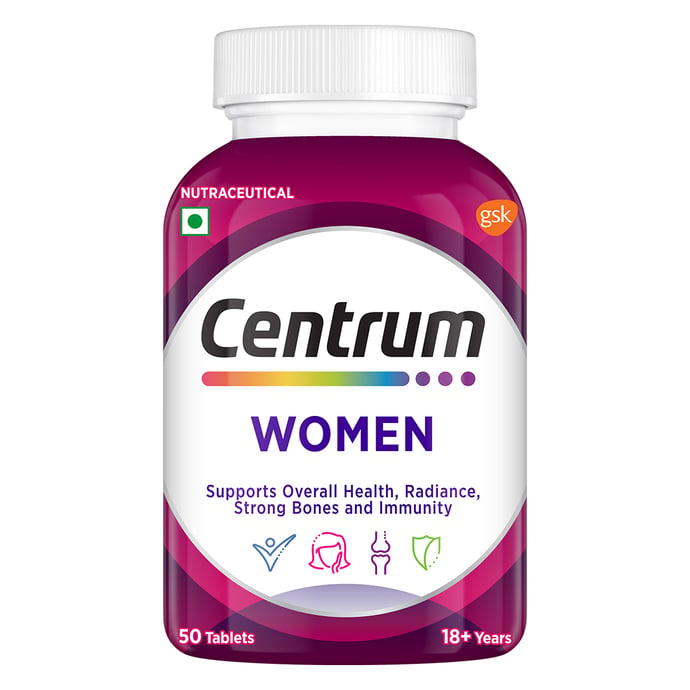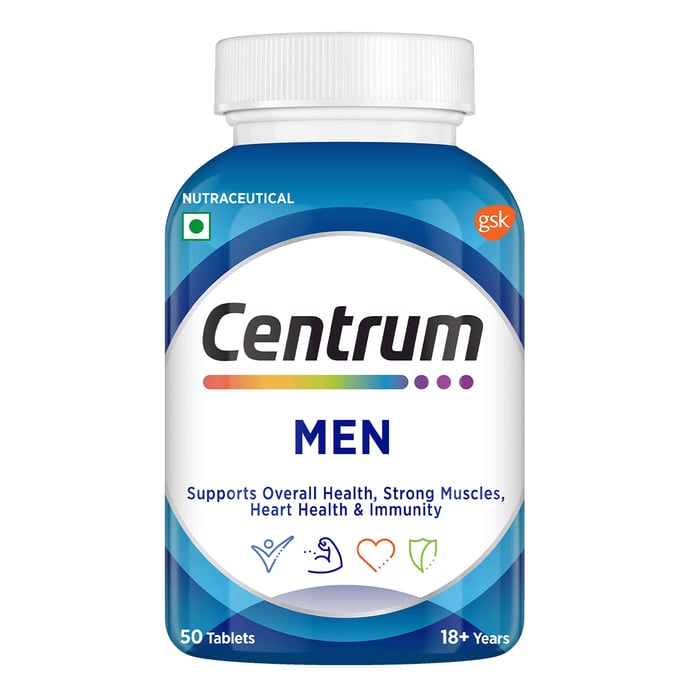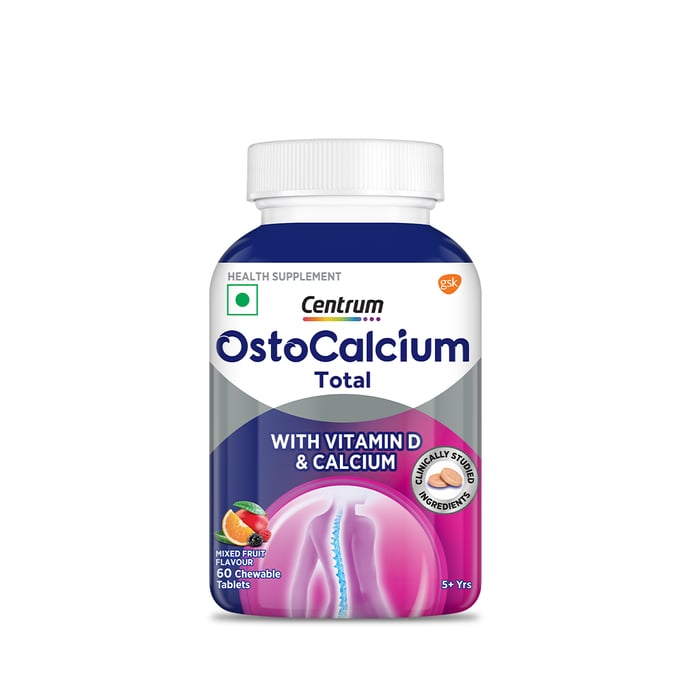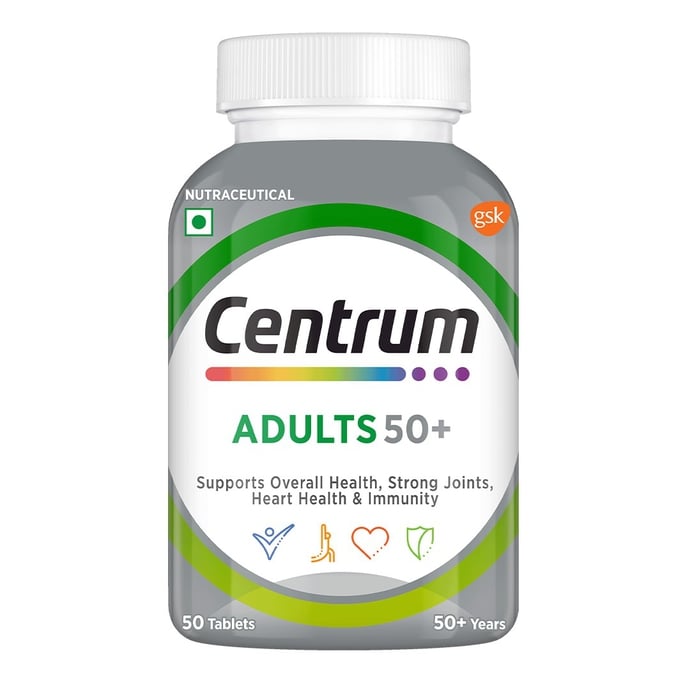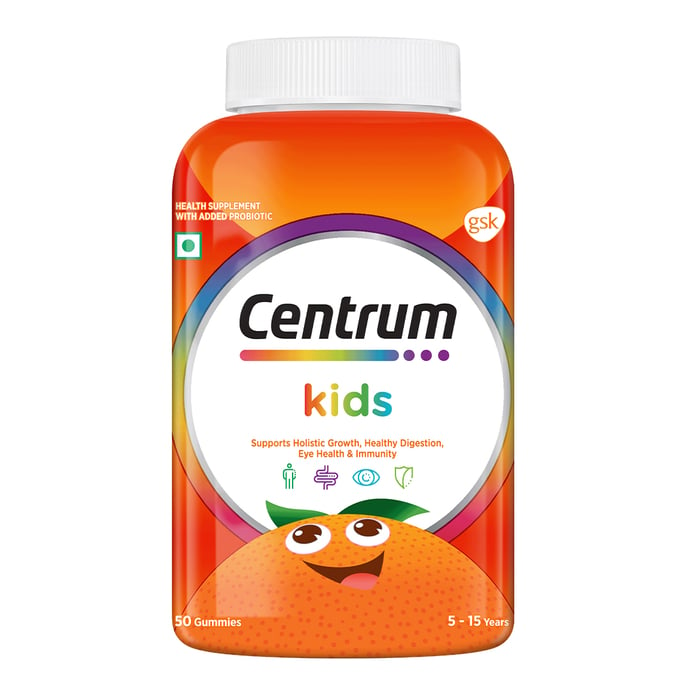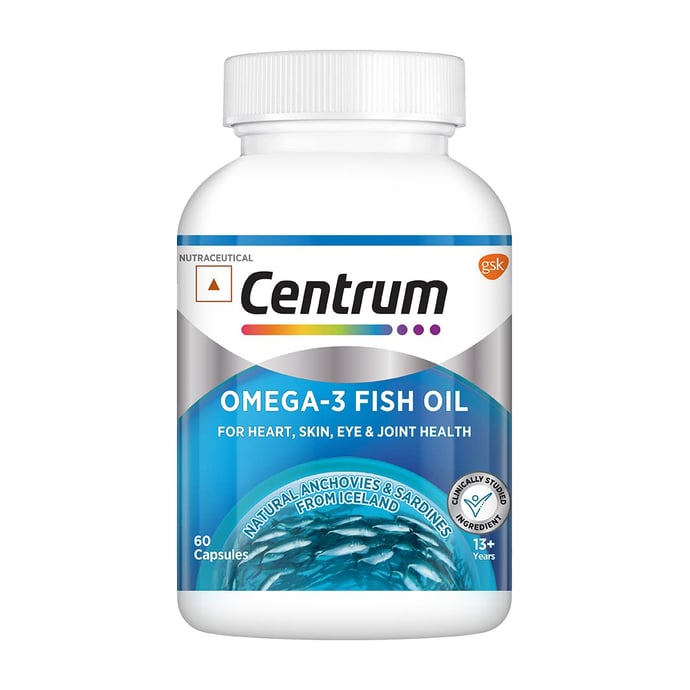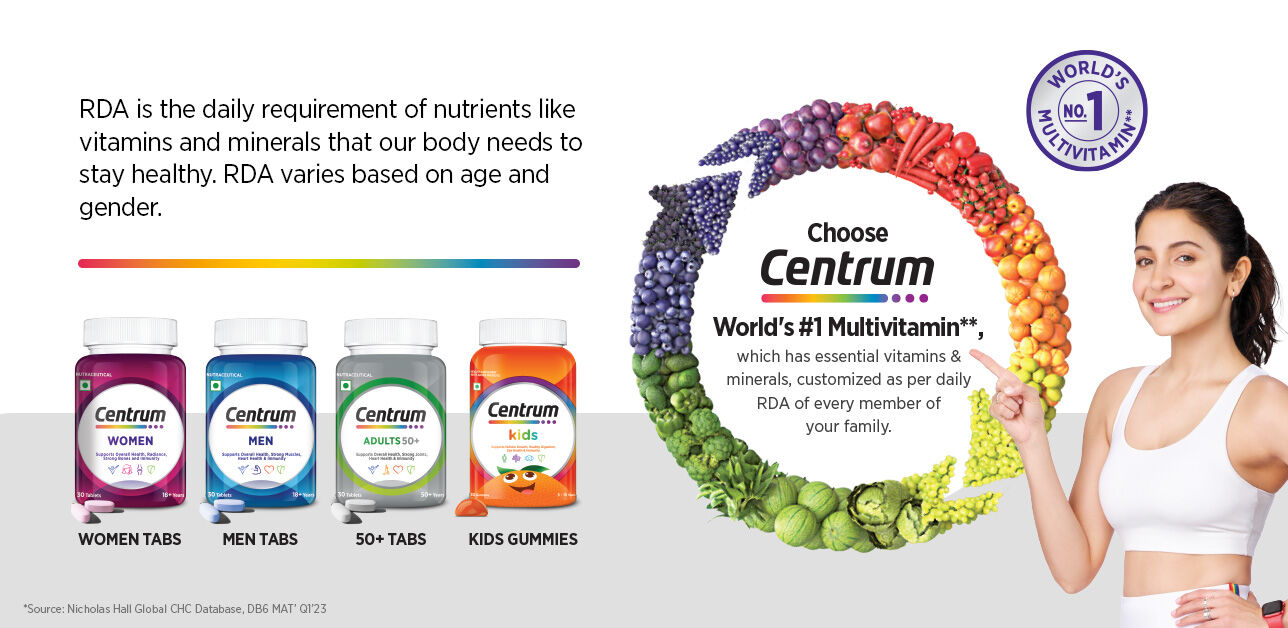
Your Nutrition Matters
15 MIN READ | May 20, 2024
1. Should multivitamins be taken daily?
Yes! Did you know that 54-70% of households in India consume less than the recommended dietary intake (RDI), making the daily intake of multivitamins important highlight the necessity to fill your nutritional gaps. Vegetarian diets may lack essential omega-3 fatty acids, vitamin B12, and minerals due to reduced bioavailability in plant sources. Therefore, consuming multivitamins daily may help.
2. What is RDA (Recommended Dietary Allowance) and how does RDA contribute to adequate nutrient intake?
RDA establishes the baseline for daily nutrien t intake, important for sustaining health. Guidelines from the Indian Council of Medical Research (ICMR) National Institute of Nutrition (NIN) on Nutrient Requirements for Indians (2020) have specified the Recommended Dietary Allowances (RDA) for macronutrients and micronutrients, ensuring individuals meet their nutrient needs. Particularly noteworthy is that our current diets are lacking in 11 of the 25 essential nutrients, making adherence to RDA guidelines important for Indian population to meet their nutritional requirements.
3. Why are multivitamins important for maintaining health?
Multivitamins are crucial for supporting our overall health journey, helping us meet our daily vitamin and mineral needs. Plus, with over 50% of Indians experiencing anemia, supplementing our nutrition is vital to fill those dietary gaps. It's all about balancing our daily nutritional requirement and fill gaps in our diet.
4. What are the consequences of failing to meet the RDA?
Not meeting our recommended dietary intake may impact your health adversely. Each nutrient has an important role to play in keeping you healthy, and deficiency on nutrient may impact your health. For instance, iron deficiency affects approximately 1 in 4 people, leading to fatigue, and weakness. That's why it's crucial to ensure we're meeting our daily nutrient needs.
5. Is everyone's nutrient requirement the same?
Not really! Our bodies have different needs based on factors like age, gender, involvement of physical activities, etc. So, it's important to recognize that what works for one person might not work for another. Our nutritional needs are as unique as we are!
6. Can multivitamins contribute to cardiovascular health improvement?
Multivitamins along with daily healthy diet and regular exercise, play a vital role in promoting cardiovascular health. For instance, omega-3 fatty acid supplementation reduces the risk of cardiovascular mortality by 7%, underscoring their efficacy in preventing heart-related issues.
7. Can multivitamins help in hair and nail health?
Certainly, multivitamins like biotin contribute to hair and nail health. Low biotin levels are reported in 38% of women experiencing hair loss[3], and biotin supplementation has shown to improve hair growth, particularly in individuals with deficient serum biotin levels before supplementation.
8. Do multivitamins aid in digestion and gut health?
Probiotics and prebiotics can be beneficial for digestion and gut health. Prebiotics stimulate the growth of beneficial gut microorganisms, while probiotics inhibit the colonization of pathogenic bacteria, enhancing intestinal barrier function and immune response.
9. Can multivitamins support bone health?
Certain multivitamins, such as Boswellia extract and grape seed extract, have demonstrated efficacy in alleviating symptoms of osteoarthritis. Boswellia serrata extract improves pain and stiffness, while grape seed extract exhibits anti-inflammatory and cardio effects.
10. Do multivitamins play a role in skincare?
Yes! Multivitamins contribute to skincare, especially those containing omega-3 fatty acids and grapeseed extract. Omega-3 fatty acids have been shown to improve endothelial and vasomotor function, thereby lowering blood pressure and helping overall skin vitality.
11. Can multivitamins enhance cognitive function and mood?
Indeed, multivitamins including melatonin and L-theanine play a role in enhancing sleep and relaxation. Melatonin regulates the sleep-wake cycle, while L-theanine influences mood, contributing to overall mental well-being.
Recommended Articles
Frequently Bought Products
Centrum Women 50 Tablets
A mindfully crafted multivitamin for women
Centrum Men 50 Tablets
Contains nutrients which support your active lifestyle
Centrum OstoCalcium Total Chewable 60 Tablets
Daily nutritional chewable tablets that provide 100% RDA of calcium & vitamin D
Centrum Adults 50+ 50 Tablets
Multivitamins help meet the nutritional needs of adults 50+
Centrum Kids 50 Gummies
Multivitamin support holistic growth of kids
Centrum Omega-3 Fish Oil 60 Capsules
Fish Oil offers multiple benefits to support your body’s needs





